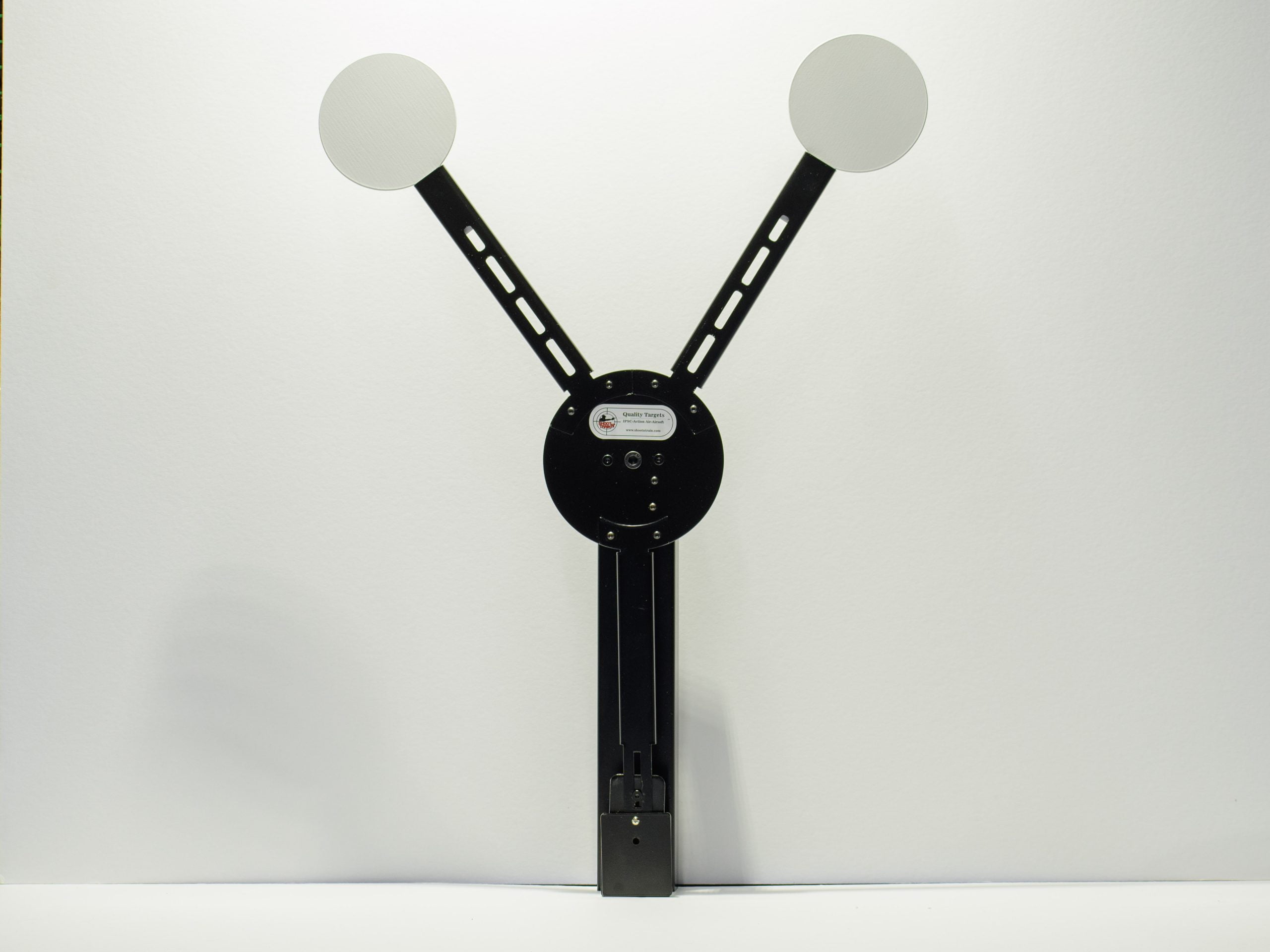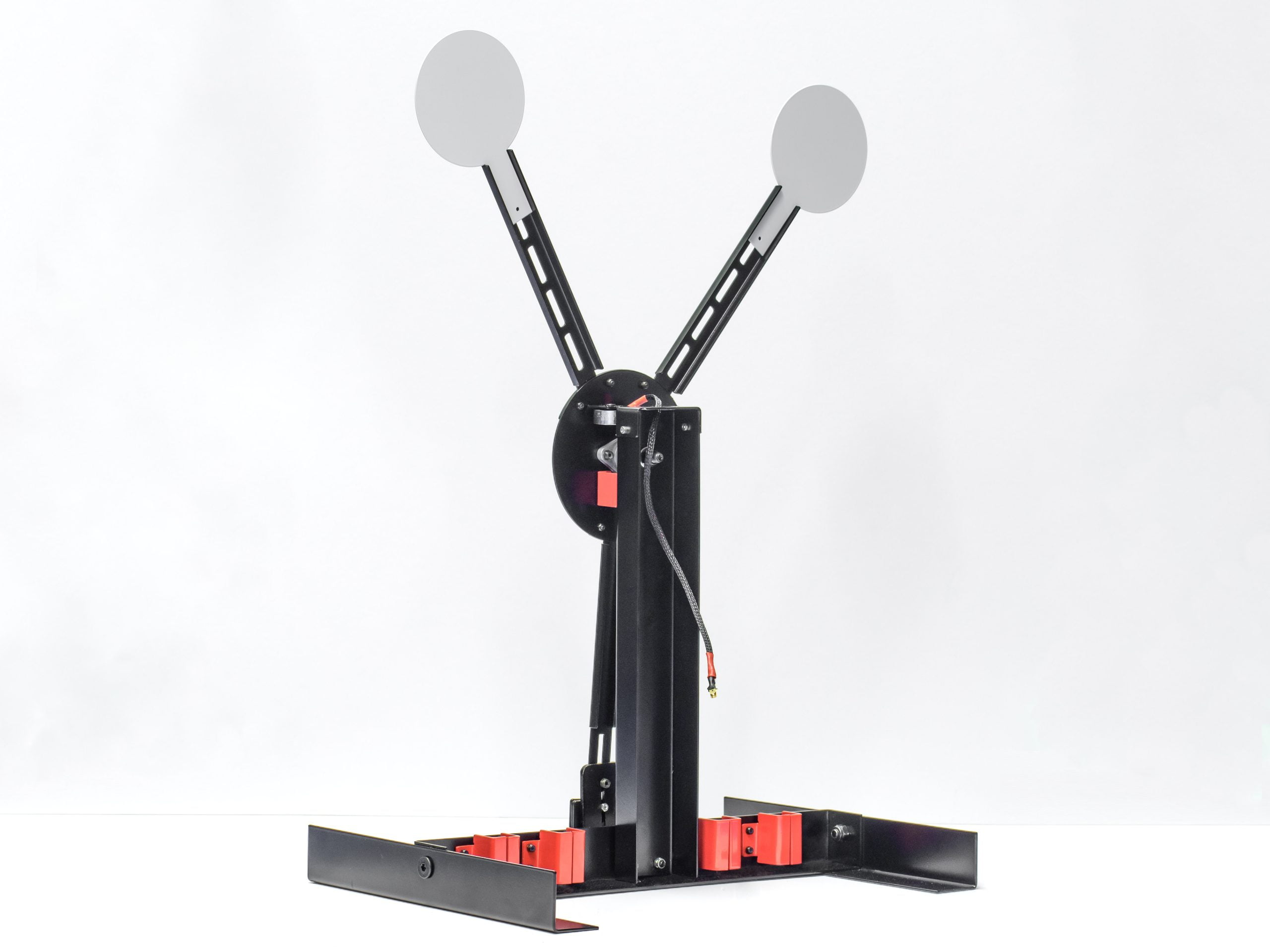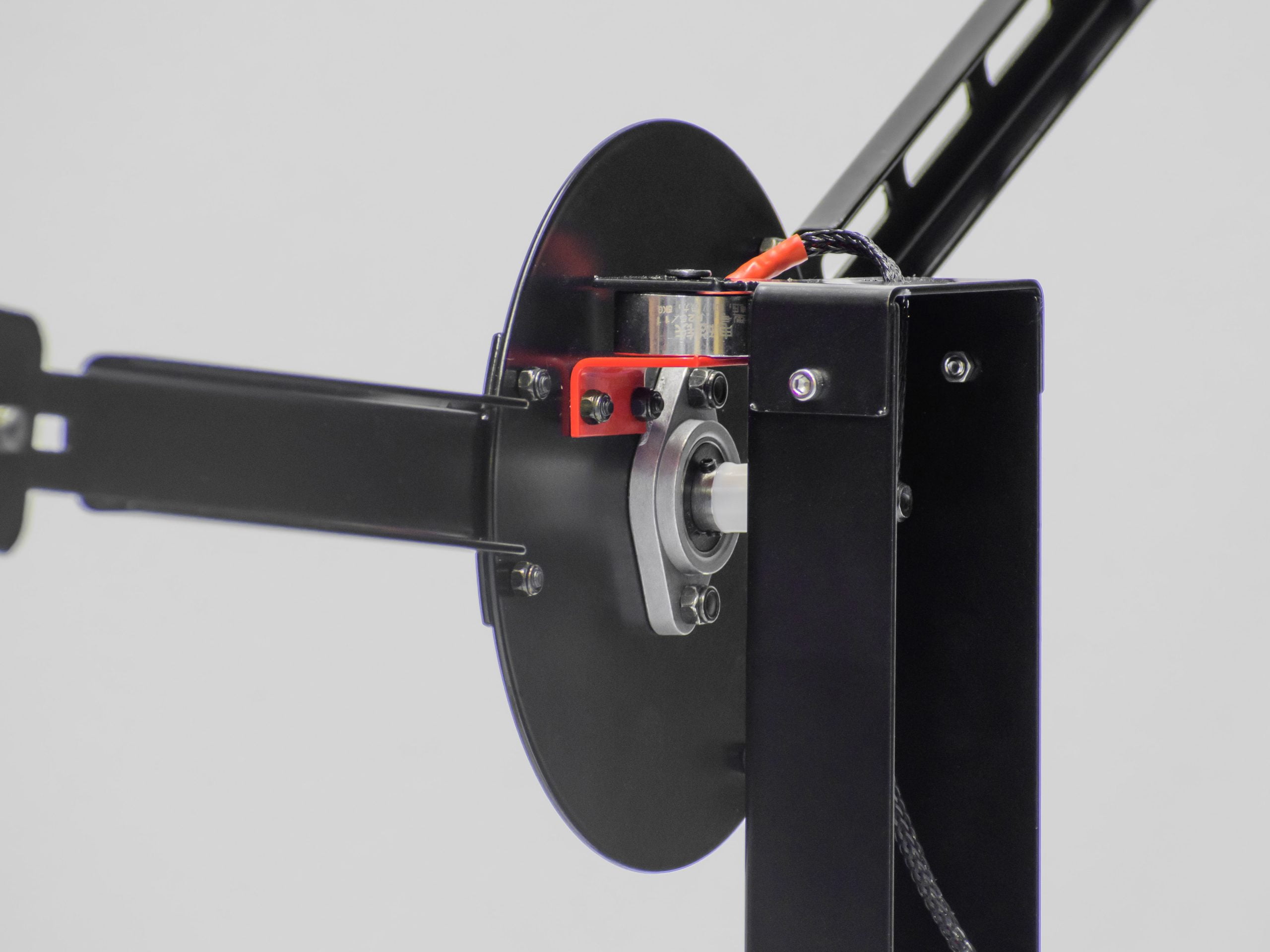
The Psychology of Effective IPSC Competition Targets
Introduction
In the world of IPSC (International Practical Shooting Confederation) competitors, the function of targets can not be ignored. They play an important part in determining the success or failure of a shooter's performance. But have you ever questioned what makes certain IPSC competition targets more effective than others? What is the psychology behind developing targets that not only challenge shooters however also enhance their skills? In this bb gun shooting targets Shoot N' Train short article, we will delve into the complexities of the psychology behind effective IPSC competitors targets and check out how they can affect a shooter's performance.
The Significance of IPSC Targets
IPSC is a requiring sport that requires precision, speed, and precision. It challenges shooters to engage with vibrant circumstances that imitate real-life circumstances. The targets used in IPSC competitions are created to simulate possible hazards or barriers that shooters may come across in real-world scenarios. These targets are not simply static things; they are interactive and require shooters to make split-second decisions.
The psychology behind ipsc targets effective IPSC competition targets lies in their capability to stimulate particular responses from shooters. These reactions can vary from target acquisition and recognition to decision-making and shot placement. Each element plays a substantial function in identifying a shooter's success throughout an IPSC competition.
Understanding the Shooter's Perspective
To develop successful IPSC competitors targets, it is important to understand the mental elements that affect a shooter's efficiency. By understanding these factors, target designers can develop obstacles that press shooters to carry out at their best.
Mental Focus and Response Time
One of the key mental factors in shooting sports is mental focus. Maintaining focus amidst interruptions is vital for success in IPSC competitions. Targets that require fast reactions force shooters to stay psychologically sharp and make split-second decisions under pressure.
Decision-Making Under Stress
IPSC competitors typically involve high-stress circumstances where shooters should make critical choices rapidly. Effective targets need to replicate these scenarios and challenge shooters to believe and react rapidly. By developing targets that simulate real-world situations, shooters can practice decision-making under tension and enhance their total performance.
Visual Understanding and Target Acquisition
The capability to rapidly acquire targets is another crucial aspect of effective IPSC competitors targets. Shooters must have the ability to recognize and engage targets accurately and effectively. Targets that are created to test visual perception and target acquisition skills can assist shooters develop these vital abilities.
The Role of IPSC Action Air Targets
IPSC Action Air is a variation of IPSC competitors that utilizes airsoft weapons instead of standard firearms. While the main focus is on enjoyable and training, the psychology behind successful IPSC Action Air targets stays the exact same. These targets need to challenge shooters psychologically, physically, and emotionally.
Mental Challenges
Successful IPSC Action Air targets must provide psychological challenges that require quick decision-making and problem-solving abilities. By including elements such as numerous target engagements, captive scenarios, or shoot/no-shoot scenarios, these targets press shooters to believe under pressure.
Physical Challenges
IPSC Action Air targets ought to likewise supply physical difficulties that test a shooter's agility, speed, and accuracy. Targets that require shooters to move while engaging or engage from non-traditional shooting positions can improve a shooter's physical abilities.

Emotional Engagement
Emotional engagement is a crucial element of effective IPSC Action Air targets. By mimicing real-life situations that stimulate emotions such as worry, tension, or enjoyment, these targets create a more immersive experience for shooters. This emotional engagement can contribute to much better mental preparation for real-world shooting situations.
IPSC Equipment and Devices for Successful Competition
While the psychology behind successful IPSC competition targets is important, the equipment and devices used by shooters likewise play a significant function in their efficiency. Let's check out some essential equipment and devices that can improve a shooter's success in IPSC competitions.
IPSC Premium Targets
Using top quality IPSC premium targets can significantly affect ipsc moving targets best Shoot N' Train a shooter's performance. These targets are designed to withstand repeated hits and provide clear visual feedback when shot. Their sturdiness ensures that shooters can practice thoroughly without fretting about target damage.
IPSC Variety Equipment
The range devices utilized in IPSC competitors is equally crucial for success. From shooting bays and barriers to props and cover, the range equipment should duplicate real-life scenarios as carefully as possible. This permits shooters to practice in an environment that carefully resembles the difficulties they might face in actual situations.

IPSC Variety Targets
IPSC range targets need to supply a variety of difficulties for shooters. Different shapes, sizes, and engagement ranges can evaluate a shooter's precision, precision, and decision-making abilities. By offering a varied series of targets, shooters can develop a well-rounded ability that translates into success throughout competitions.
FAQs
- A: Effective IPSC competition targets difficulty shooters psychologically, physically, and mentally. They require fast decision-making, analytical skills, and need agility, speed, and precision from shooters.
- A: While both types of targets aim to challenge shooters, IPSC Action Air targets usage airsoft weapons instead of traditional guns. They present psychological challenges, physical obstacles, and create emotional engagement for an immersive shooting experience.
- A: Mental focus is crucial in IPSC competitions because it allows shooters to keep concentration amidst diversions. It enables them to make split-second decisions precisely and efficiently.
- A: Visual understanding plays a substantial role in successful IPSC competition targets as it allows shooters to rapidly get and engage targets. Targets that evaluate visual perception skills help shooters establish this essential ability.
- A: IPSC gear and equipment, such as exceptional targets, range equipment, and range targets, add to a shooter's success by providing toughness, duplicating real-life scenarios, and using a varied set of obstacles for skill development.
- A: Emotional engagement is essential in IPSC Action Air targets as it replicates real-life situations and stimulates feelings such as fear, tension, or enjoyment. This improves mental preparation for real shooting situations.
Conclusion
The psychology behind successful IPSC competition targets exceeds mere looks or performance. These targets are thoroughly developed to challenge shooters mentally, physically, and mentally. By comprehending the psychological aspects that affect a shooter's efficiency, target designers can create challenges that press shooters to reach their complete capacity. Furthermore, the equipment and equipment used by shooters play a vital role in their success throughout IPSC competitions. By integrating top quality targets, variety equipment, and variety targets, shooters can boost their abilities and improve their general performance. So the next time you step on the IPSC range, bear in mind that the psychology behind effective competition targets is an essential part of your journey towards becoming an effective IPSC competitor.